The use of digital marketing has become an integral part of modern-day business. It provides businesses with the opportunity to reach a larger audience, engage with customers, and generate leads. However, one of the most significant benefits of digital marketing is its cost-effectiveness. Here are nine ways digital marketing is cost-effective in 2023:
Table of Contents
Targeted advertising

Targeted advertising refers to the practice of delivering ads to specific groups of people who are more likely to be interested in the products or services being offered. This approach is made possible by the vast amount of data that is available through online channels such as social media, search engines, and websites. Targeted advertising enables businesses to reach their ideal customers more efficiently, resulting in a higher return on investment.
One of the key benefits of targeted advertising is that it allows businesses to focus their advertising spend on the people who are most likely to buy their products or services. For example, if a business is selling sports equipment, they can target their advertising to people who are interested in sports or who have shown an interest in similar products. This approach ensures that the advertising budget is being used effectively and that the advertising messages are reaching the right people.
Another benefit of targeted advertising is that it allows businesses to create personalized advertising messages for different groups of people. By understanding the interests, behaviours, and preferences of their target audience, businesses can create ads that resonate with them and are more likely to drive engagement and conversions.
Overall, targeted advertising is a cost-effective way to reach your target audience and promote your products or services. By utilizing the data available through online channels, businesses can create more effective advertising campaigns that deliver better results.
Social media marketing

Social media marketing refers to the practice of using social media platforms to promote a business or brand and engage with customers. Social media has become an essential part of modern-day life, with billions of people using platforms such as Facebook, Twitter, Instagram, and LinkedIn on a daily basis. This makes social media an incredibly powerful tool for businesses looking to connect with their target audience.
One of the key benefits of social media marketing is that it allows businesses to reach a large audience at a relatively low cost. Social media platforms are free to use, and businesses can create profiles and post content to engage with their followers. Additionally, many social media platforms offer advertising options that are more affordable than traditional advertising channels such as TV, radio, or print media.
Social media also allows businesses to engage with their customers on a more personal level. By creating engaging content and responding to customer comments and questions, businesses can build relationships with their followers and establish themselves as a trusted and authoritative source of information.
Another benefit of social media marketing is that it allows businesses to collect valuable data on their audience’s behaviours, interests, and preferences. By analyzing this data, businesses can create more effective social media campaigns that are tailored to their target audience.
Overall, social media marketing is a cost-effective way to promote a business or brand, engage with customers, and collect valuable data. By utilizing social media platforms and creating engaging content, businesses can reach a large audience and build lasting relationships with their customers.
Email marketing

Email marketing is a digital marketing strategy that involves sending promotional messages or newsletters to a group of subscribers via email. This approach allows businesses to communicate with their audience directly and build relationships with their customers.
Email marketing platforms are often free or low-cost, and businesses can create and send emails without spending a lot of money on design or printing costs. Additionally, email marketing allows businesses to reach a large audience at once, making it a more efficient marketing strategy than traditional print mail campaigns.
Email marketing also provides businesses with the ability to segment their audience and send targeted messages to specific groups of subscribers. This approach ensures that the right message is being delivered to the right people at the right time, increasing the likelihood of engagement and conversion.
Another benefit of email marketing is its ability to provide valuable data on subscriber behaviour. Email marketing platforms allow businesses to track open rates, click-through rates, and conversion rates, providing valuable insights into how subscribers are engaging with the content. This data can be used to refine email marketing campaigns and improve their effectiveness over time.
Finally, email marketing allows businesses to communicate with their customers on a regular basis and build relationships with them over time. By providing valuable content and personalized messages, businesses can establish themselves as a trusted source of information and encourage customer loyalty.
Overall, email marketing is a cost-effective way to reach a large audience, provide targeted messaging, and build lasting relationships with customers. By leveraging email marketing platforms and creating engaging content, businesses can increase engagement and conversions while minimizing costs.
Search Engine Optimization (SEO)
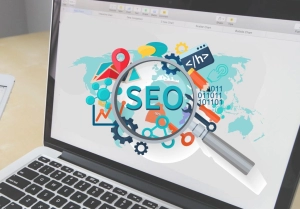
Search Engine Optimization (SEO) is a digital marketing strategy that involves optimizing a website’s content and structure to improve its visibility and ranking on search engine results pages (SERPs). SEO helps businesses improve their online visibility, drive traffic to their website, and ultimately increase their sales and revenue.
One of the primary benefits of SEO is that it can help businesses reach a wider audience without incurring high advertising costs. SEO focuses on optimizing a website’s content to make it more relevant and useful to the search engine algorithms that determine the ranking of websites on SERPs. By improving a website’s ranking, businesses can attract more organic traffic to their website and potentially reduce their reliance on paid advertising.
SEO also allows businesses to target specific keywords or search terms that are relevant to their products or services. By optimizing their website’s content for these keywords, businesses can increase their visibility on search engines for searches related to their products or services. This approach ensures that businesses are reaching the right audience and driving qualified traffic to their website.
Another benefit of SEO is that it can improve the user experience of a website. SEO best practices such as optimizing page speed, improving navigation, and ensuring that the website is mobile-friendly can make it easier for users to find what they are looking for and navigate the site. This can improve engagement metrics such as bounce rates and time on site, which can in turn improve the website’s ranking on search engines.
Finally, SEO is a long-term strategy that can provide ongoing benefits for businesses. While SEO requires ongoing effort and optimization, the results of these efforts can be long-lasting. By maintaining a strong online presence through SEO, businesses can continue to attract organic traffic and generate leads and sales over time.
Overall, SEO is a cost-effective way for businesses to improve their online visibility and attract more qualified traffic to their website. By focusing on optimization and user experience, businesses can achieve long-term success and reduce their reliance on paid advertising.
Content marketing is a digital marketing strategy that involves creating and sharing valuable and relevant content with the aim of attracting and engaging a specific target audience. Content marketing can take many forms, including blog posts, videos, infographics, e-books, and social media posts.
One of the main benefits of content marketing is that it can help businesses to build a relationship with their target audience. By providing valuable and relevant content, businesses can establish themselves as trusted source of information and build credibility with their audience. This can lead to increased customer loyalty and ultimately drive more conversions and sales.
Content marketing
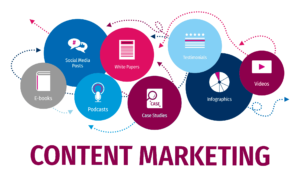
Content marketing also helps businesses to increase their online visibility and attract more organic traffic to their website. By creating high-quality content that is optimized for search engines, businesses can improve their ranking on search engine results pages (SERPs) and attract more qualified traffic to their website.
Another benefit of content marketing is that it can be highly cost-effective. While creating high-quality content requires time and effort, it is generally less expensive than traditional advertising methods such as TV, radio, or print media. Additionally, content marketing has the potential to provide long-term benefits, as high-quality content can continue to attract traffic and engagement over time.
Finally, content marketing allows businesses to showcase their expertise and thought leadership in their industry. By creating content that addresses common customer pain points or provides valuable insights into industry trends, businesses can demonstrate their knowledge and build trust with their audience.
Overall, content marketing is a cost-effective way for businesses to build relationships with their audience, increase online visibility, and showcase their expertise. By creating high-quality content that is optimized for search engines and provides value to their target audience, businesses can drive more conversions and sales over time.
Influencer marketing is a digital marketing strategy that involves partnering with individuals who have a large social media following to promote a brand’s products or services. Influencers can be celebrities, social media personalities, bloggers, or other individuals who have a significant online following and influence within a particular niche or industry.
One of the main benefits of influencer marketing is that it allows businesses to reach a highly engaged and targeted audience. Influencers often have a strong connection with their followers, who trust their opinions and recommendations. By partnering with an influencer who has a large following in a particular niche or industry, businesses can reach a highly engaged audience who are more likely to be interested in their products or services.
Influencer marketing can also be more cost-effective than traditional advertising methods such as TV or print media. While partnering with a high-profile influencer can be expensive, working with micro-influencers or niche influencers can be more affordable while still delivering strong results.
Another benefit of influencer marketing is that it can help businesses to build brand awareness and credibility. When an influencer promotes a brand’s products or services, they are effectively endorsing the brand and its offerings. This can help to build trust and credibility with the influencer’s audience, as well as increase awareness of the brand among new audiences.
Finally, influencer marketing allows businesses to create authentic and engaging content that resonates with their target audience. Influencers often create content that is tailored to their audience and their niche, which can help businesses to reach new audiences and connect with their target audience in a more meaningful way.
Overall, influencer marketing is a cost-effective way for businesses to reach a highly engaged and targeted audience, build brand awareness and credibility, and create authentic and engaging content. By partnering with influencers who have a strong connection with their audience and align with the brand’s values and messaging, businesses can drive more conversions and sales over time.
Video Marketing

Video marketing is a digital marketing strategy that involves creating and sharing videos to promote a brand’s products or services. Video content can take many forms, including product demos, explainer videos, customer testimonials, and social media videos.
One of the main benefits of video marketing is that it can be highly engaging and memorable. Video content has the ability to capture a viewer’s attention and deliver a message in a more compelling and engaging way than other forms of content. This can help businesses to increase brand awareness, build trust with their audience, and drive more conversions and sales.
Video marketing also allows businesses to reach a wider audience on multiple platforms. Video content can be shared on social media, email marketing campaigns, websites, and other digital channels, which can help businesses reach new audiences and connect with their target audience in a more meaningful way.
Another benefit of video marketing is that it can help to improve a brand’s search engine rankings. Video content is highly shareable, and when shared on social media and other platforms, can generate backlinks to a brand’s website. This can improve a brand’s search engine rankings and increase its online visibility.
Finally, video marketing can be more cost-effective than other forms of advertising. While creating high-quality video content does require investment in terms of time and resources, it can be more cost-effective than traditional advertising methods such as TV or print media.
Overall, video marketing is a highly engaging and effective way for businesses to increase brand awareness, build trust with their audience, and drive more conversions and sales. By creating high-quality video content that resonates with their target audience and promotes their products or services, businesses can achieve long-term success and improve their online visibility.
Retargeting

Retargeting, also known as remarketing, is a digital marketing strategy that involves targeting individuals who have previously interacted with a brand’s website, social media channels, or other digital properties. Retargeting is typically achieved through the use of cookies or other tracking technologies that allow businesses to serve targeted ads to individuals who have shown interest in their products or services.
One of the main benefits of retargeting is that it allows businesses to reach individuals who are already familiar with their brand and have shown some level of interest in their products or services. This can increase the likelihood of conversions and sales, as individuals who are retargeted are often closer to making a purchase than those who have not interacted with the brand before.
Retargeting can also be highly effective at increasing brand awareness and engagement. By serving targeted ads to individuals who have previously interacted with the brand, businesses can keep their brand top-of-mind and remind individuals about their products or services.
Another benefit of retargeting is that it can be highly cost-effective. Retargeting ads are typically less expensive than other forms of advertising, such as TV or print media, and can be highly targeted to specific individuals who have shown interest in a brand’s products or services.
Finally, retargeting can help to improve a brand’s overall online advertising performance. By targeting individuals who have already interacted with a brand’s website or other digital properties, retargeting ads can help to increase click-through rates and improve the overall effectiveness of a brand’s advertising campaigns.
Overall, retargeting is a highly effective and cost-effective way for businesses to reach individuals who have already shown interest in their products or services. By serving targeted ads to these individuals, businesses can increase the likelihood of conversions and sales, improve brand awareness and engagement, and improve the overall effectiveness of their digital advertising campaigns.
Analytics

measurement, analysis, and reporting of data related to a brand’s website, social media channels, and other digital properties. The goal of analytics is to gain insights into the behaviour of a brand’s audience and to use that data to optimize marketing campaigns and improve business outcomes.
There are many different types of analytics that businesses can use to measure their digital marketing performance. Some of the most common types of analytics include:
Web Analytics
This involves the measurement and analysis of website data, such as website traffic, pageviews, bounce rates, and conversion rates.
Social Media Analytics
This involves the measurement and analysis of social media data, such as engagement rates, follower growth, and click-through rates.
Email Analytics
This involves the measurement and analysis of email data, such as open rates, click-through rates, and conversion rates.
Search Engine Analytics
This involves the measurement and analysis of data related to search engine rankings and performance, such as keyword rankings, click-through rates, and conversion rates.
Analytics can provide businesses with a wealth of valuable insights into their digital marketing performance. By measuring and analyzing data related to their website, social media channels, and other digital properties, businesses can identify areas for improvement, optimize their marketing campaigns, and improve their overall business outcomes.
Overall, analytics is an essential tool for businesses looking to improve their digital marketing performance. By using data to inform their marketing decisions and optimize their campaigns, businesses can achieve long-term success and drive more conversions and sales.
Conclusion
In conclusion, digital marketing has become an increasingly important and effective way for businesses to reach their target audiences and drive more conversions and sales. There are many different strategies and tactics that businesses can use to achieve success in digital marketing, including targeted advertising, social media marketing, email marketing, search engine optimization (SEO), content marketing, influencer marketing, video marketing, and retargeting.
One of the key benefits of digital marketing is that it can be highly cost-effective, allowing businesses to reach a wider audience and drive more conversions and sales without breaking the bank. Additionally, digital marketing provides businesses with a wealth of valuable data and analytics that can be used to optimize their marketing campaigns and improve their overall business outcomes.
Overall, businesses that embrace digital marketing and invest in effective strategies and tactics can achieve long-term success and drive significant growth and profitability. As technology continues to evolve and consumer behaviour shifts, it is essential for businesses to stay up-to-date with the latest digital marketing trends and best practices in order to remain competitive and achieve their business goals.






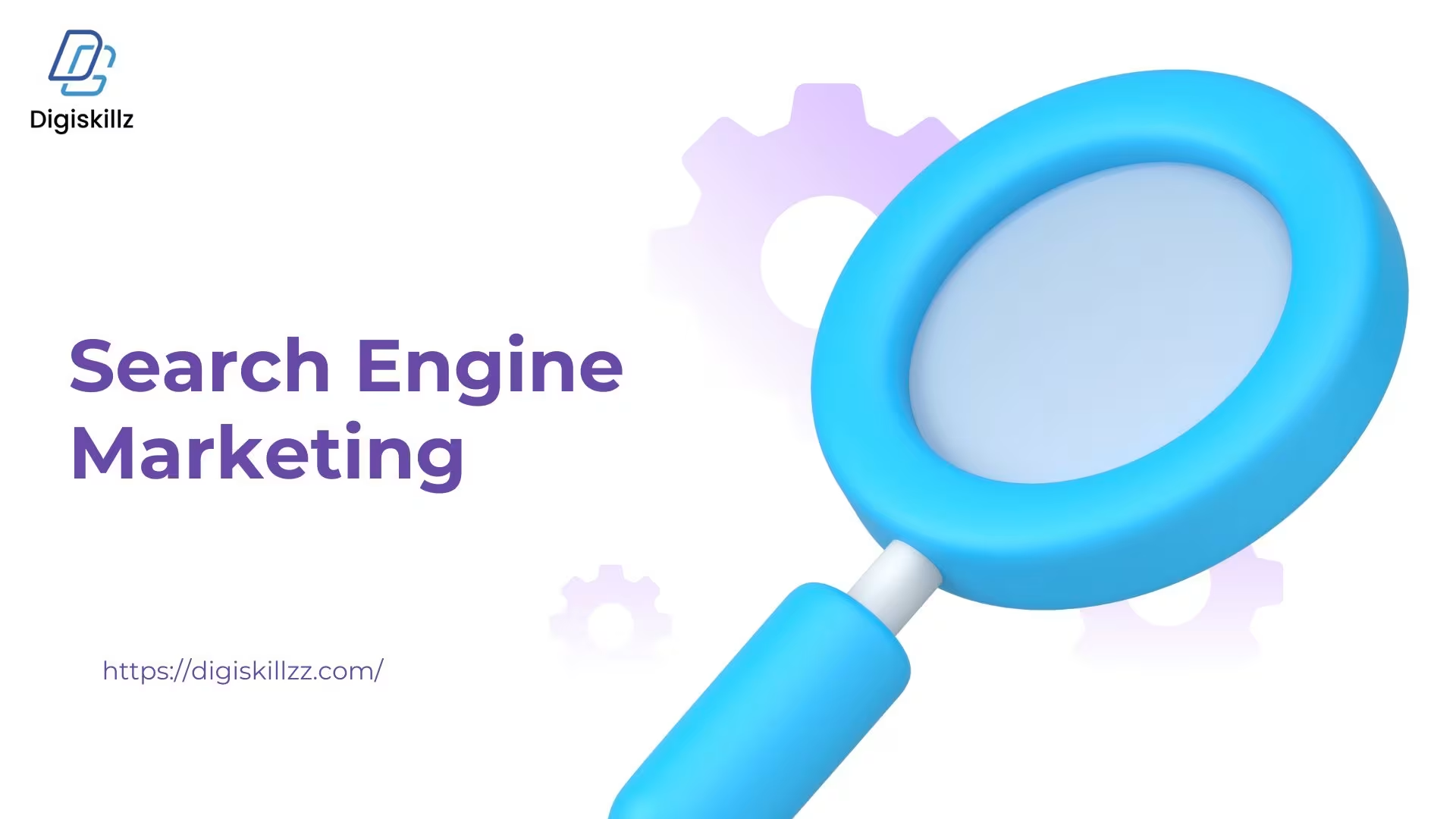
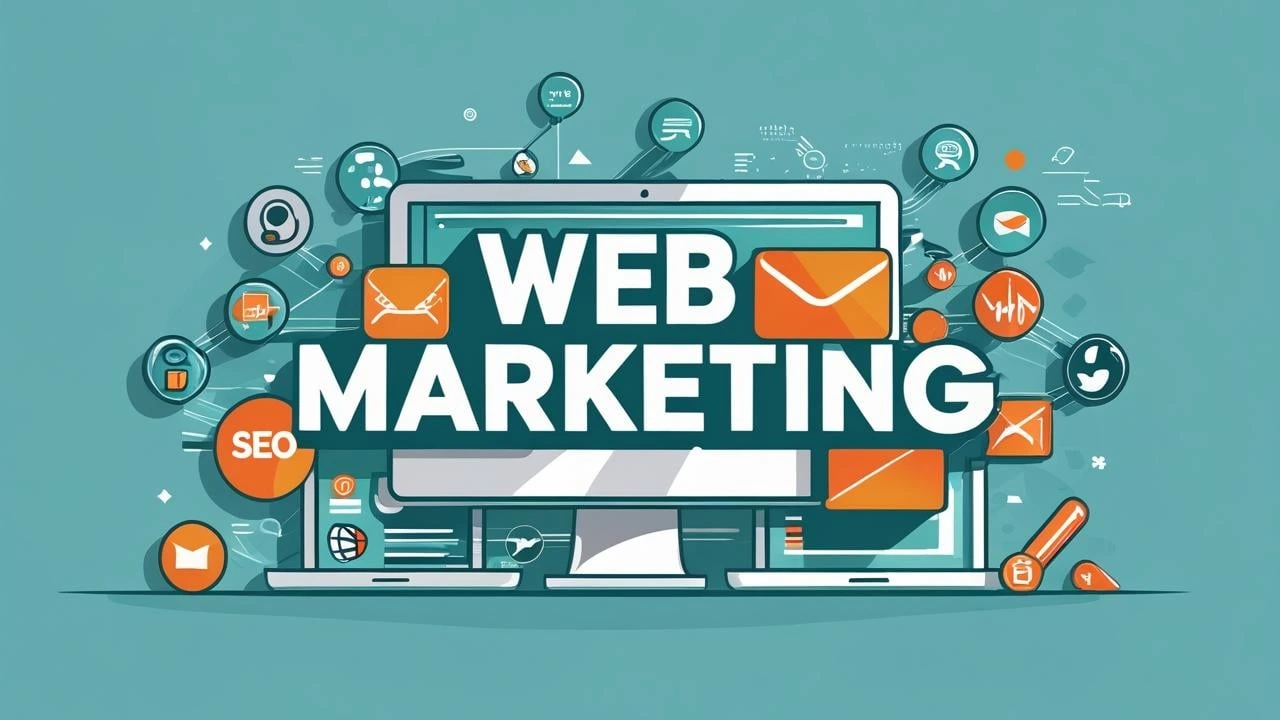
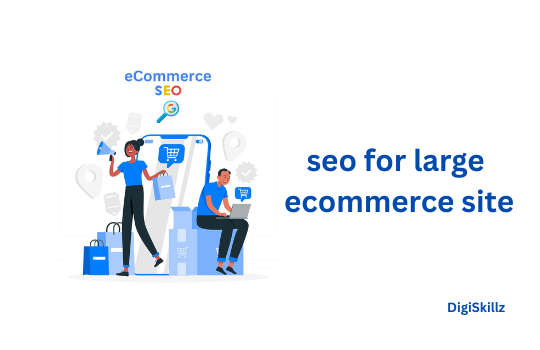


Leave A Comment